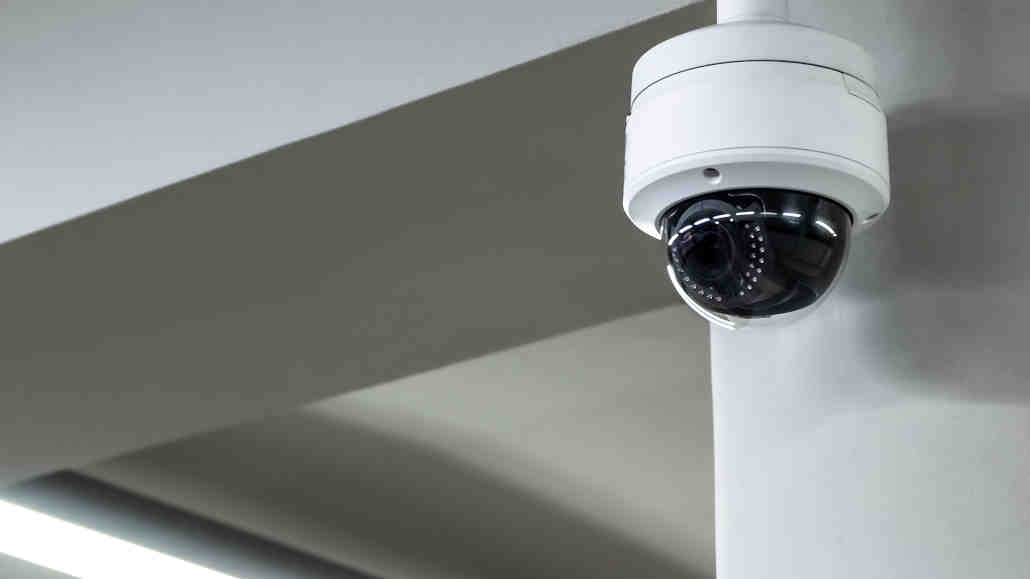The topic of security cameras and their legality within Canada is one that garners significant attention from both individuals and businesses alike. In an era where safety and privacy intersect at complex junctures, understanding the legal framework governing the use of such devices is crucial.
This article aims to demystify the regulations surrounding security cameras in Canada, ensuring that entities considering Canadian security solutions, including bullet cameras, are well-informed about their legal responsibilities and the rights of those who may be captured on video.
The Legal Landscape of Security Cameras in Canada
In Canada, the use of security cameras is largely influenced by a combination of privacy laws and local statutes that seek to balance the need for security with the right to privacy. At the federal level, the Personal Information Protection and Electronic Documents Act (PIPEDA) sets the tone for how personal information, including video recordings, can be collected, used, and disclosed.
This Act applies to private-sector organizations across Canada, dictating that any collection of personal information must be for a purpose that a reasonable person would consider appropriate under the circumstances.
For homeowners and businesses deploying security cameras, this means there are clear guidelines that must be followed. Firstly, the deployment of cameras should be for legitimate security purposes, such as deterring theft or vandalism, and not for invading the privacy of individuals.
This implies that cameras should be placed in a manner that primarily captures images related to the property being protected, minimizing the capture of public spaces or neighboring properties.
Understanding Consent and Notification
One of the pivotal aspects of legality concerning security cameras in Canada revolves around consent and notification. In general, organizations must obtain an individual’s consent when collecting, using, or disclosing personal information. However, in the context of security cameras, obtaining direct consent from every individual captured on video is impractical. Therefore, the law allows for implied consent, provided that individuals are adequately notified about the use of cameras.
Notification can be effectively achieved through the use of clear signage that alerts individuals to the presence of security cameras, the purpose of their use, and contact information for inquiries. This signage must be prominently displayed at all entrances or in locations where the cameras are deployed, ensuring that individuals have a reasonable expectation of being recorded upon entering the area.
Residential vs. Commercial Use
The legal considerations for deploying security cameras differ slightly between residential and commercial properties. For residential use, homeowners are typically more lenient in terms of legal requirements but must still ensure that cameras are not placed in areas where individuals would have a reasonable expectation of privacy, such as neighboring homes or public washrooms.
In contrast, commercial entities must adhere to stricter regulations, often requiring more comprehensive notification procedures and ensuring that the collection of video recordings is strictly for security purposes. Businesses must also consider the impact of video surveillance on their employees and are required to justify the necessity and proportionality of surveillance in the workplace.
Provincial and Territorial Variations
It’s important to note that while federal laws provide a general framework, provincial and territorial legislation may introduce additional requirements or nuances. For instance, some provinces have their own privacy laws that complement or strengthen PIPEDA’s provisions, particularly concerning the use of surveillance equipment in workplaces or public areas managed by provincial entities.
Navigating the Legal Use of Bullet Cameras and Other Security Solutions
When considering the deployment of bullet cameras or any other type of security camera, it is vital to conduct a thorough assessment of both the legal and ethical implications. Bullet cameras, known for their compact size and long-range capabilities, are an excellent choice for many Canadian security solutions. However, their use must be carefully planned to ensure compliance with legal requirements and respect for privacy.
Entities must ensure that the placement of bullet cameras does not intrude on private spaces without consent and that their use is justified by legitimate security concerns. Moreover, the collected footage should be handled with the utmost care, ensuring that access is restricted to authorized personnel and that the storage and eventual disposal of recordings comply with PIPEDA’s guidelines.
Conclusion
In conclusion, the legality of security cameras in Canada is underpinned by a framework designed to uphold the privacy rights of individuals while allowing for the reasonable use of surveillance technology for security purposes. Whether it’s for residential or commercial use, it is imperative that entities deploying security cameras, including bullet cameras, adhere to the principles of legality, consent, minimal intrusion, and transparency. By navigating these legal waters with care and consideration, Canadians can harness the benefits of security cameras without compromising the privacy and rights of individuals.


